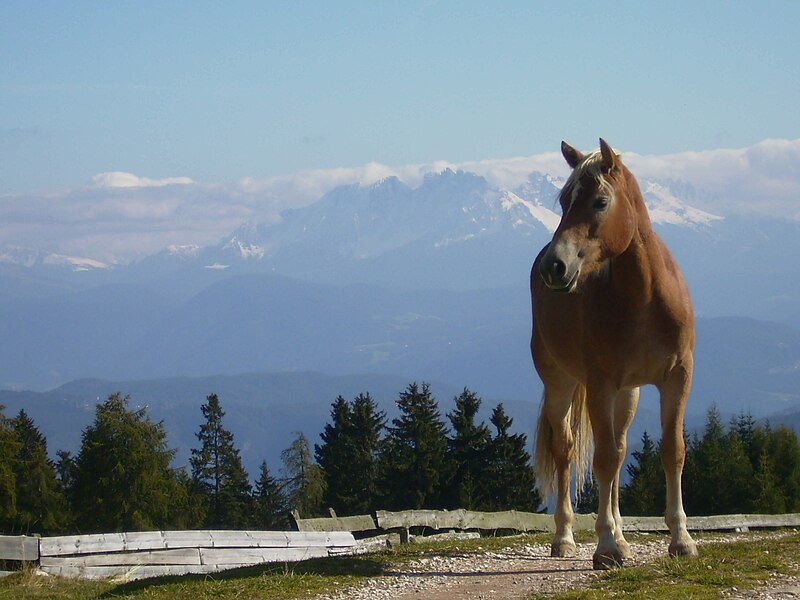Et dans 150 ans, on s'en souviendra pas
De ta première ride, de nos mauvais choix,
De la vie qui nous baise, de tous ces marchands d'armes,
Des types qui votent les lois là-bas au gouvernement,
De ce monde qui pousse, de ce monde qui crie,
Du temps qui avance, de la mélancolie,
La chaleur des baisers et cette pluie qui coule,
Et de l'amour blessé et de tout ce qu'on nous roule,
Alors souris.
Dans 150 ans, on s'en souviendra pas
De la vieillesse qui prend, de leurs signes de croix,
De l'enfant qui se meurt, des vallées du Tiers monde,
Du salaud de chasseur qui descend la colombe,
De ce que t'étais belle, et des rives arrachées,
Des années sans sommeil, 100 millions d'affamés
Des portes qui se referment de t'avoir vue pleurer,
De la course solennelle qui condamne sans ciller,
Alors souris.
Et dans 150 ans, on n'y pensera même plus
À ce qu'on a aimé, à ce
qu'on a perdu,
Allez vidons nos bières pour les voleurs des rues!
Finir tous dans la terre, mon dieu! Quelle déconvenue.
Et regarde ces squelettes qui nous regardent de travers,
Et ne fais pas la tête, ne leur fais pas la guerre,
Il leur restera rien de nous, pas plus que d'eux,
J'en mettrais bien ma main à
couper ou au feu,
Alors souris.
Et dans 150 ans, mon amour, toi et moi,
On sera doucement, dansant, 2 oiseaux sur la croix,
Dans ce bal des classés, encore je vois large,
P't'être qu'on sera repassés dans un très proche, un naufrage,
Mais y a rien d'autre à dire, je veux rien te faire croire,
Mon amour, mon amour, j'aurai le mal de toi,
Mais y a rien d'autre à dire, je veux rien te faire croire,
Mon amour, mon amour, j'aurai le mal de toi,
Mais que veux-tu?
|
And in 150 years we won't
remember
Your first wrinkle, our bad
choices
How life screwed us over, and all those weapons dealers
Who work for the men who pass laws for the government
This pushy world, this screaming world
The march of time, the
melancholy
The warmth of the kisses, and how the rain trickled
And the love lost, and the ways they get you
And so we must smile.
In 150 years we won't
remember
How age subtracts, and hypocrisy crosses itself
The dying children, the depths of the Third World
The asshole hunters who blow away doves
How beautiful you were, and the things ripped away
The years without sleep, and 100 million hungry
How doors swing shut if people see you cry
The universal impulse to condemn without qualm
And so we must smile.
And in 150 years, we won't even recall
The things we loved, and those we lost
Come on, let's drink to the street trash!
My God, we'll all end up in the ground! Such a
disappointment!
Just look how those skeletons sneer at us
But don't glare back; don't make war on them
They'll keep nothing of us -- or themselves -- in the end
As well cut off my hands, or burn them
And so we must smile.
And in 150 years, my love, you and I
Will be – softly, dancing – two birds carved on a tombstone
In this high school prom for dropouts, I'm looking beyond
Maybe we'll come back some day; shipwrecked, perhaps
But there's nothing for it, and I don't want to lie
My love, my love, I'll miss
you so
But there's nothing for it, and I don't want to lie
My love, my love, I'll miss
you so
But what can we do?
|








